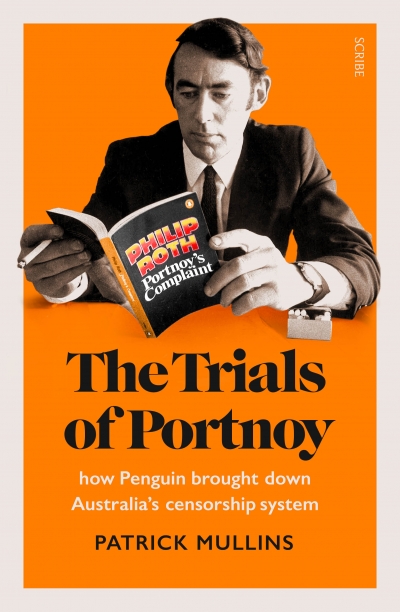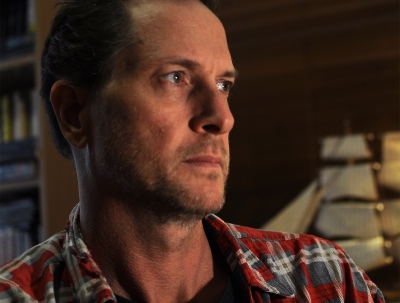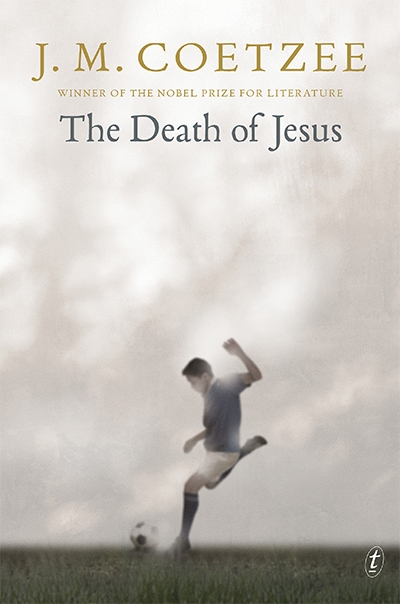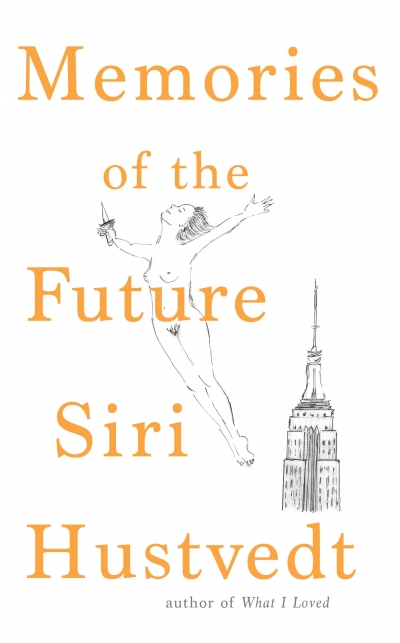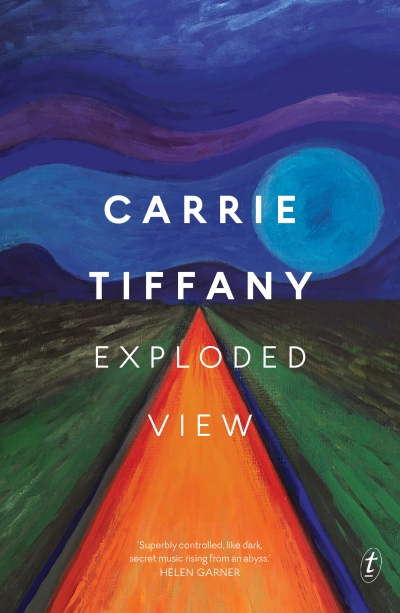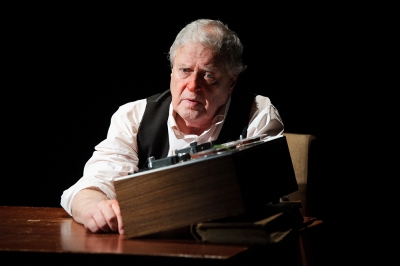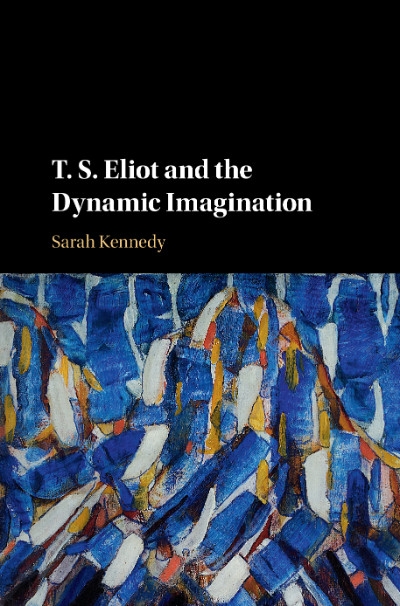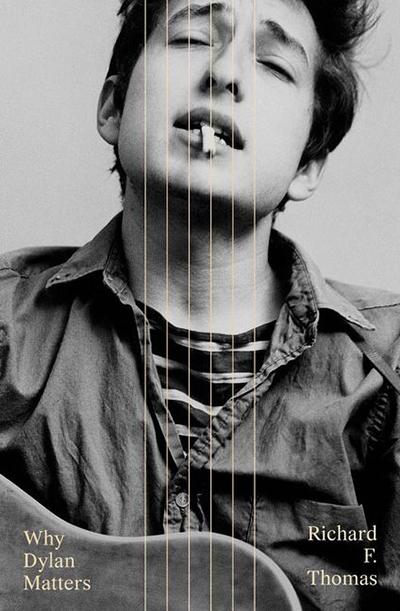James Ley
The Trials of Portnoy: How Penguin brought down Australia’s censorship system by Patrick Mullins
Andrew McGahan’s first novel, Praise (1992), concludes with its narrator, Gordon Buchanan, deciding – perhaps accepting is a better word – that he will live a life of contemplation. This final revelation is significantly ambivalent. The unresponsive persona Gordon has assumed throughout the novel is something of an affectation. On one level, he is playing the stereotypical role of the inarticulate Australian male, but his blank façade is also defensive; it is a cover for his sensitivity. For Gordon, life is less overwhelming in a practical sense than in an emotional sense. His true feelings are a garden concreted over for ease of maintenance. He feels that the defining quality of human relationships is doubt, and this doubt confounds expression. ‘I’m never certain of anything I feel about a person,’ he says, ‘and talking about it simplifies it all so brutally. It’s easier to keep quiet. To act what you feel. Actions are softer. They can be interpreted in lots of different ways, and emotions should be interpreted in lots of different ways.’
... (read more)To celebrate the best books of 2018, Australian Book Review invited nearly forty contributors to nominate their favourite titles. Contributors include Michelle de Kretser
... (read more)Krapp’s Last Tape was first performed in 1958, which places it towards the end of Samuel Beckett’s middle period: those fruitful postwar years during which he wrote his major plays, Waiting for Godot (1952) and Endgame (1957), and the three extraordinary novels known collectively as the ‘Molloy Trilogy’ (1951–58) ...
... (read more)To celebrate the best books of 2017 Australian Book Review invited nearly forty contributors to nominate their favourite titles. Contributors include Michelle de Kretser, Susan Wyndham, James Ley, Geordie Williamson, Jane Sullivan, Tom Griffiths, Mark Edele, and Brenda Niall.
... (read more)
